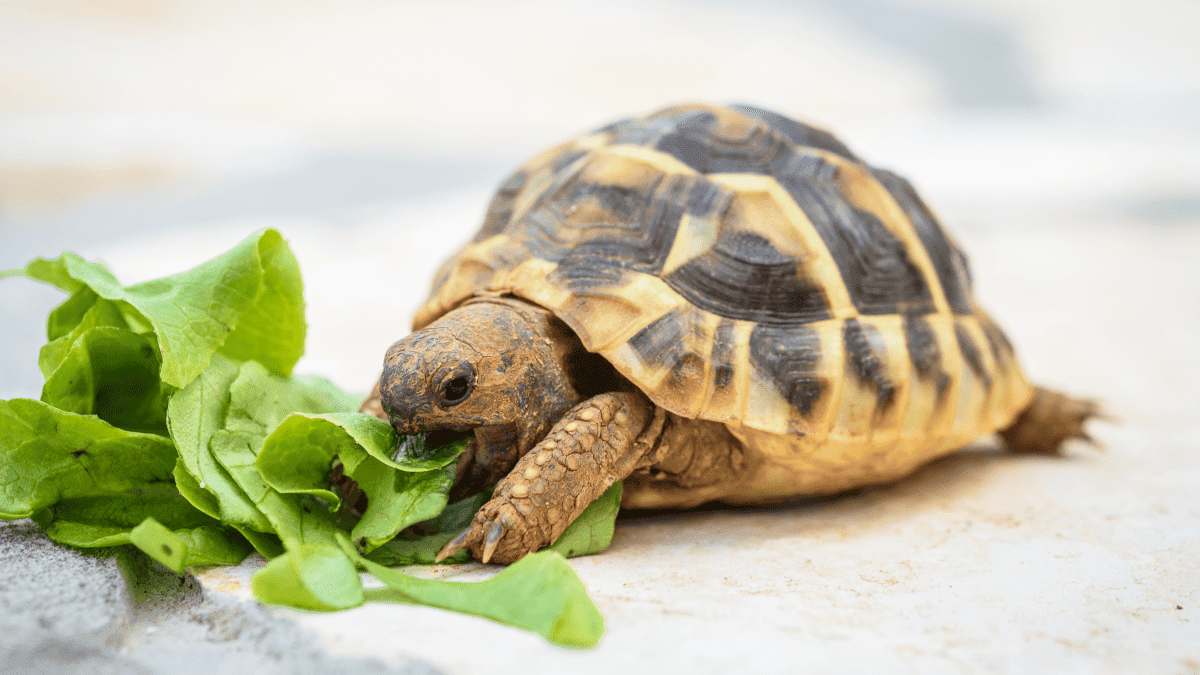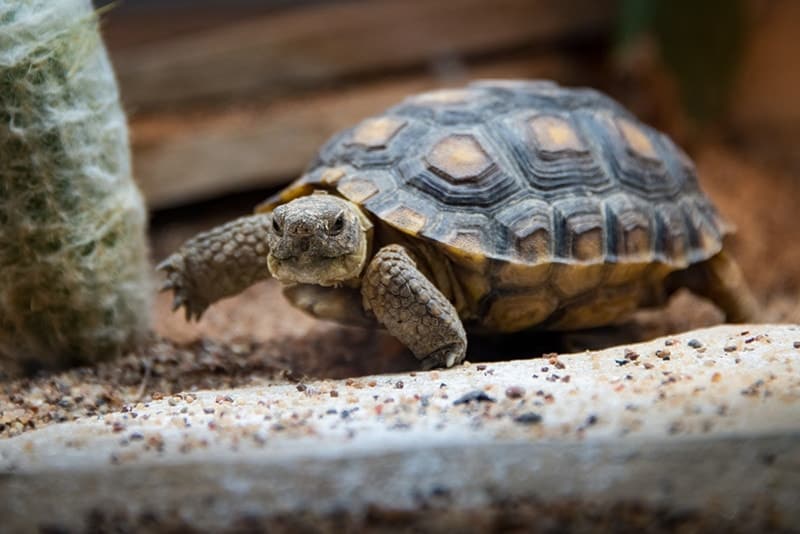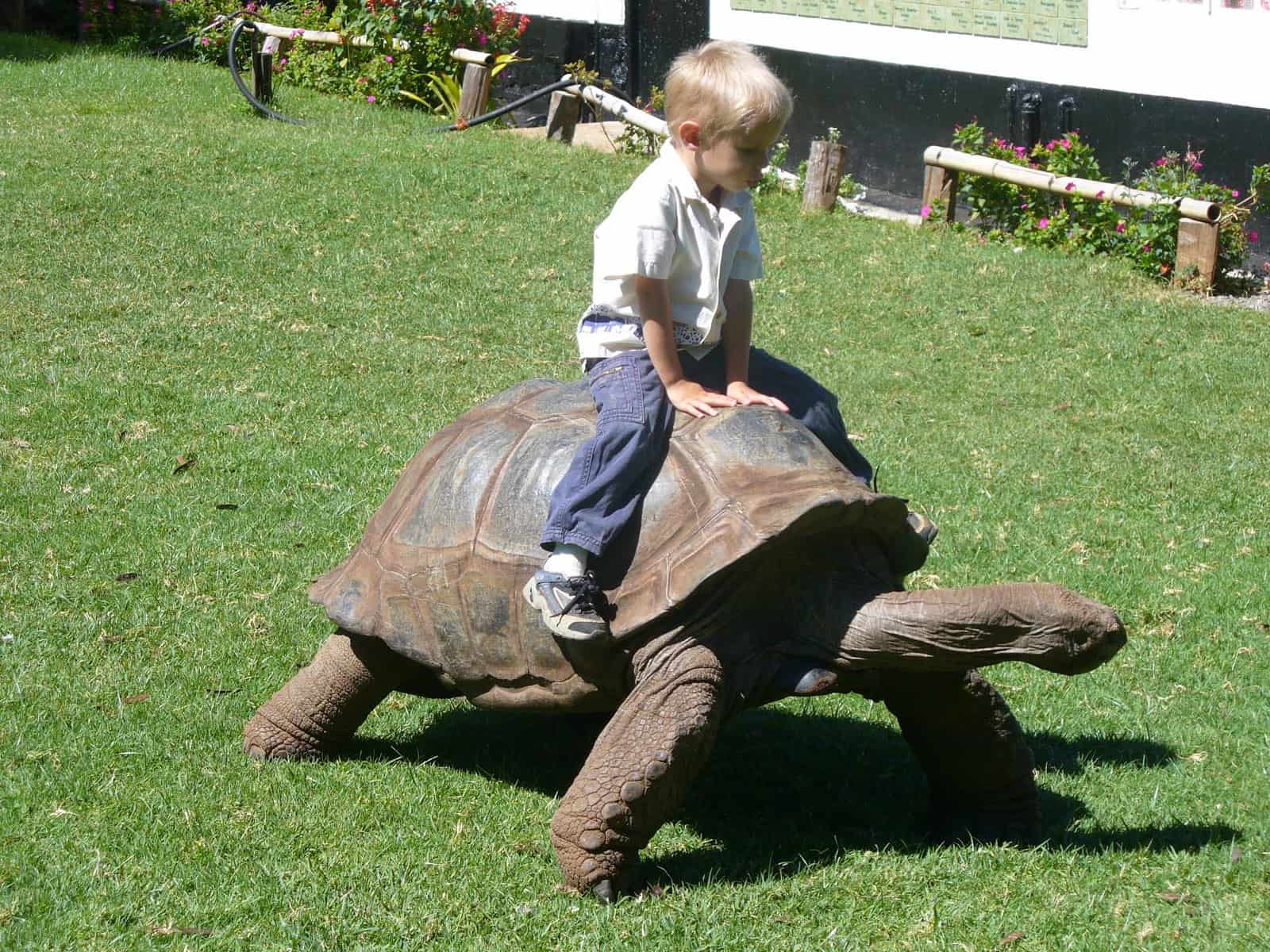How to take care of a tortoise? As a long-time tortoise owner, I can confidently say that these fascinating creatures make wonderful pets. Their unique personalities and low-maintenance nature make them a great choice for both experienced and first-time reptile owners. However, it is crucial to provide proper care for tortoises to ensure their well-being and longevity.
Tortoises are known for their longevity, with some species living well over 100 years. This means that when you bring a tortoise into your home, you are making a commitment to care for them throughout their entire life.
Proper care includes providing the right habitat, feeding them a balanced diet, maintaining the ideal temperature and humidity levels, ensuring they receive adequate lighting, keeping them clean and healthy, handling them correctly, preventing common health issues, and understanding the basics of breeding if you choose to do so.
Key Takeaways
- Choosing the right tortoise for your home is crucial for their happiness and well-being.
- Setting up the perfect habitat with the right temperature, humidity, and lighting is essential for your tortoise’s health.
- Feeding your tortoise a balanced diet and avoiding certain foods can prevent common health issues.
- Proper handling techniques and regular check-ups with a veterinarian can keep your tortoise clean and healthy.
- Breeding tortoises requires careful planning and research to ensure the best outcome for both the parents and offspring.
Choosing the Right Tortoise for Your Home
When it comes to choosing a tortoise as a pet, there are several different species to consider. Each species has its own unique characteristics in terms of size, temperament, dietary needs, and environmental requirements.
For example, the Russian Tortoise is one of the most popular choices due to its small size and friendly nature. On the other hand,
the Sulcata Tortoise is much larger in size but requires more space compared to other species.
Before making your decision on which tortoise species is right for you, it’s important to research each one thoroughly. Consider factors such as their adult size, their dietary preferences, and whether they require an indoor or outdoor enclosure.
Additionally, take into account your own lifestyle and how much time you can dedicate to caring for your new pet. Remember that owning a tortoise is a long-term commitment, so choose wisely based on what suits both your needs and those of the tortoise.
Setting Up the Perfect Habitat for Your Tortoise
Creating the perfect habitat for your tortoise is essential to their overall well-being. Tortoises require a spacious enclosure that mimics their natural environment as closely as possible.
The ideal enclosure should provide enough space for your tortoise to roam around comfortably. A general rule of thumb is to provide at least 10 square feet of space per adult tortoise. Additionally, the enclosure should have both a warm area and a cooler area, allowing the tortoise to regulate its body temperature.
When it comes to substrate options, there are several choices available. Some popular options include coconut coir, cypress mulch, and orchid bark. These substrates help maintain proper humidity levels while also providing a comfortable surface for your tortoise to walk on.
Decorations and hiding places are also important in creating an enriching environment for your tortoise. Adding rocks, logs, and plants can provide opportunities for exploration and stimulation. Hiding places such as caves or hollowed-out logs give your tortoise a sense of security when they need some alone time.
Feeding Your Tortoise: What to Offer and What to Avoid
| Food Type | What to Offer | What to Avoid |
|---|---|---|
| Leafy Greens | Kale, collard greens, dandelion greens, mustard greens, turnip greens, and spinach | Iceberg lettuce, cabbage, and bok choy |
| Vegetables | Squash, zucchini, carrots, sweet potato, and green beans | Onions, garlic, and rhubarb |
| Fruits | Apples, bananas, berries, melons, and grapes | Citrus fruits and avocado |
| Protein | Boiled eggs, cooked chicken, and mealworms | Raw meat and dog/cat food |
| Treats | Hibiscus flowers, edible flowers, and cactus pads | Processed human food and sugary treats |
Understanding a tortoise’s diet is crucial in providing them with proper nutrition. In the wild, tortoises primarily feed on grasses, leafy greens, and occasionally fruits. However, in captivity,
it’s important to replicate this diet to ensure their health.
Offering safe and healthy food options is key. Leafy greens such as dandelion greens, collard greens, and kale are excellent choices. Additionally, a variety of vegetables like carrots and bell peppers can be included in their diet. Fruits should be given sparingly due to their high sugar content.
It’s equally important to know what foods to avoid feeding your tortoise. Some common foods that are toxic or harmful include avocadoes, onions, and rhubarb leaves. Additionally, processed foods and those high in salt or sugar should be avoided.
Maintaining the Ideal Temperature and Humidity for Your Tortoise
Temperature and humidity play a crucial role in a tortoise’s overall health and well-being.
Tortoises are ectothermic creatures, meaning they rely on external sources of heat to regulate their body temperature.
The ideal temperature range for most tortoises is between 75-85 degrees Fahrenheit during the day, with a slight drop at night. This can be achieved by using heat lamps or ceramic heaters placed strategically within the enclosure.
Humidity levels should also be monitored closely. Most tortoises require moderate to high humidity levels, ranging from 50-80%. This can be achieved by misting the enclosure regularly and providing a shallow water dish for your tortoise to soak in.
To ensure accurate measurements of both temperature and humidity, it’s recommended to use digital thermometers and hygrometers specifically designed for reptile enclosures.
Providing the Right Lighting for Your Tortoise
Proper lighting is essential for a tortoise’s health, as it helps regulate their metabolism, digestion, and overall well-being. There are two main types of lighting that are crucial: UVB lighting and basking lights.
UVB lighting is necessary as it provides essential ultraviolet rays that help tortoises synthesize vitamin D3, which aids in calcium absorption. Without adequate UVB exposure, tortoises can develop metabolic bone disease, which can lead to deformities or even death.
Basking lights provide heat that allows your tortoise to raise its body temperature when needed. This mimics their natural behavior of basking under the sun to warm up after periods of activity or feeding.
When setting up a lighting system for your tortoise, it’s important to position the lights correctly within their enclosure. The UVB light should cover at least two-thirds of the enclosure, while the basking light should be placed in a specific area where your tortoise can easily access it.
Keeping Your Tortoise Clean and Healthy
Regular cleaning and maintenance tasks are essential to keep your tortoise’s enclosure clean and hygienic. This includes removing any feces or uneaten food daily, as well as regularly changing the substrate to prevent bacterial growth.
In addition to regular cleaning, it’s important to monitor your tortoise for any signs of illness or injury. Common signs of illness include loss of appetite, lethargy, shell abnormalities, respiratory issues, or changes in behavior. If you notice any concerning symptoms, it’s best to consult with a reptile veterinarian who can provide proper diagnosis and treatment.
Preventative measures are also crucial in keeping your tortoise healthy. This includes providing a balanced diet, maintaining proper temperature and humidity levels, and ensuring they receive adequate UVB exposure. Regular check-ups with a reptile veterinarian are also recommended
to catch any potential health issues early on.
Handling Your Tortoise: Dos and Don’ts
Handling your tortoise correctly is important for both their safety and well-being. Tortoises have sensitive shells that can be easily injured if mishandled. When picking up your tortoise, it’s best to support their body from underneath rather than grabbing them from above. This helps distribute their weight evenly and prevents unnecessary stress on their limbs.
Avoid excessive handling, as this can cause stress for your tortoise. Instead, focus on creating trust through positive interactions over time. Allowing them to explore outside of their enclosure under supervision is also beneficial for mental stimulation.
It’s important not to force interaction with your tortoise if they show signs of discomfort or aggression. Each individual has its own personality, so respect their boundaries and give them space when needed.
Common Health Issues in Tortoises and How to Prevent Them
While tortoises are generally hardy creatures, they can still be susceptible to certain health issues. Some common health problems include respiratory infections, shell rot, parasites, and vitamin deficiencies.
Preventing these issues starts with providing proper care and a suitable environment for your tortoise. This includes maintaining clean living conditions, offering a balanced diet with adequate calcium supplementation, and ensuring they receive regular veterinary check-ups.
Regular observation is key in catching any potential health issues early on. By monitoring your tortoise’s behavior, appetite, shell condition, and overall appearance, you can quickly identify any changes that may indicate an underlying problem. If you notice anything concerning, it’s best to consult with a reptile veterinarian who can provide appropriate treatment or advice.
Breeding Tortoises: What You Need to Know
Breeding tortoises is a complex process that requires careful consideration. Before deciding to breed your tortoise, it’s important to have a thorough understanding of their reproductive biology
and the specific requirements of the species you own.
Breeding should only be attempted if you have the necessary resources, time, and knowledge
to properly care for the offspring. It’s also crucial to ensure there is a demand for the offspring before proceeding with breeding.
If you do decide to breed your tortoise, researching proper breeding techniques and seeking guidance from experienced breeders or veterinarians is essential. This will help ensure successful reproduction while minimizing stress or harm to both the male and female tortoises involved.
Enjoying a Long and Happy Life with Your Tortoise
Properly caring for a tortoise requires dedication and commitment but comes with many rewards. These incredible creatures can bring joy into our lives as we watch them grow over time while forming unique bonds with them.
By providing them with an ideal habitat, a balanced diet, the right temperature and humidity,
adequate lighting, regular cleaning and maintenance, safe handling techniques, and preventative healthcare measures, we can ensure that our tortoises live long, healthy, and fulfilling lives.
Remember to always prioritize the well-being of your tortoise and seek professional advice when needed. With proper care and attention, you can enjoy a lifetime of companionship with your beloved tortoise.
FAQs
What is a tortoise?
A tortoise is a reptile that belongs to the family Testudinidae. They are known for their hard, protective shells and slow movements.
What do tortoises eat?
Tortoises are herbivores and primarily eat a diet of leafy greens, vegetables, and fruits. Some species may also eat flowers and cacti.
How often should I feed my tortoise?
The frequency of feeding depends on the species and age of the tortoise. Generally, adult tortoises can be fed every other day, while younger tortoises may need to be fed daily.
What kind of habitat does a tortoise need?
Tortoises require a spacious enclosure with a basking area, hiding spots, and a substrate that allows for digging. The enclosure should also have a heat source and UVB lighting.
How often should I clean my tortoise’s enclosure?
Tortoise enclosures should be spot cleaned daily and fully cleaned and disinfected on a weekly basis.
Do tortoises need to be bathed?
Yes, tortoises should be bathed regularly to help keep their shells and skin clean. The frequency of bathing depends on the species and age of the tortoise.
Can tortoises be kept with other animals?
Tortoises should not be kept with other animals, as they can become stressed and may transmit diseases to each other.
What are some common health issues in tortoises?
Some common health issues in tortoises include respiratory infections, shell rot, and parasites. Regular veterinary check-ups and proper care can help prevent these issues.




